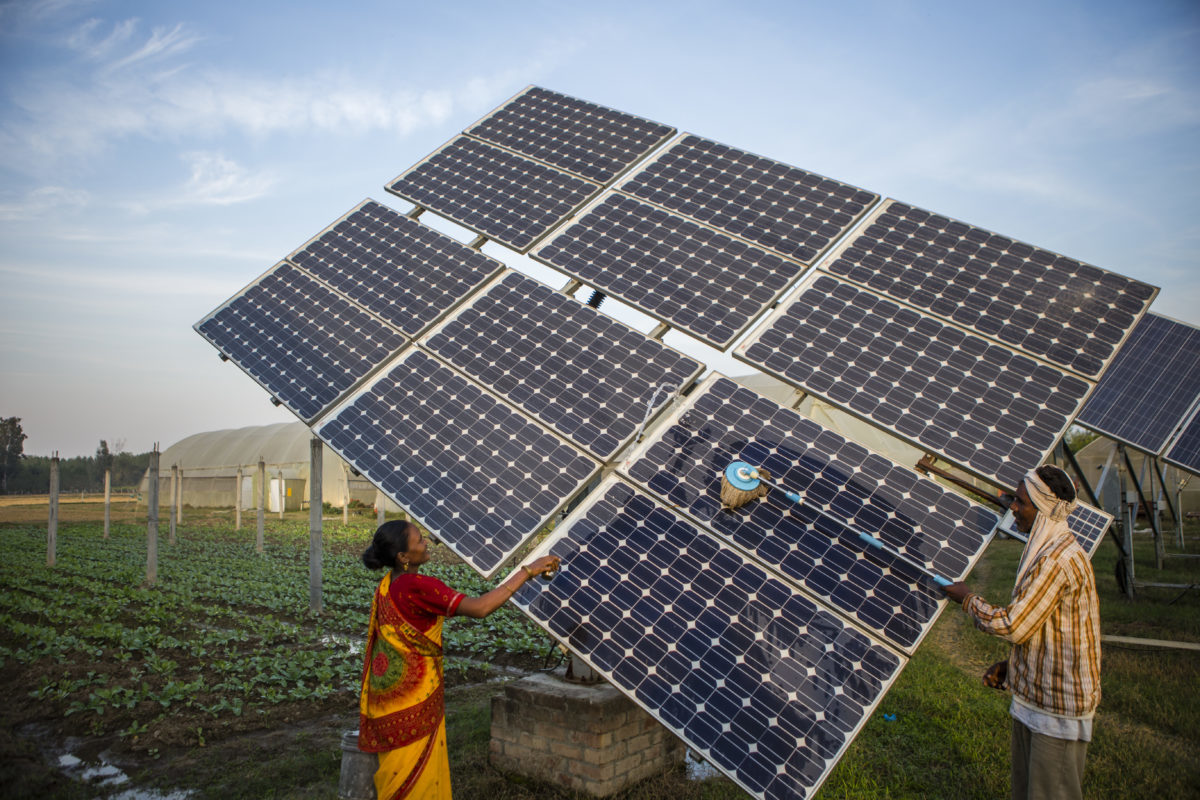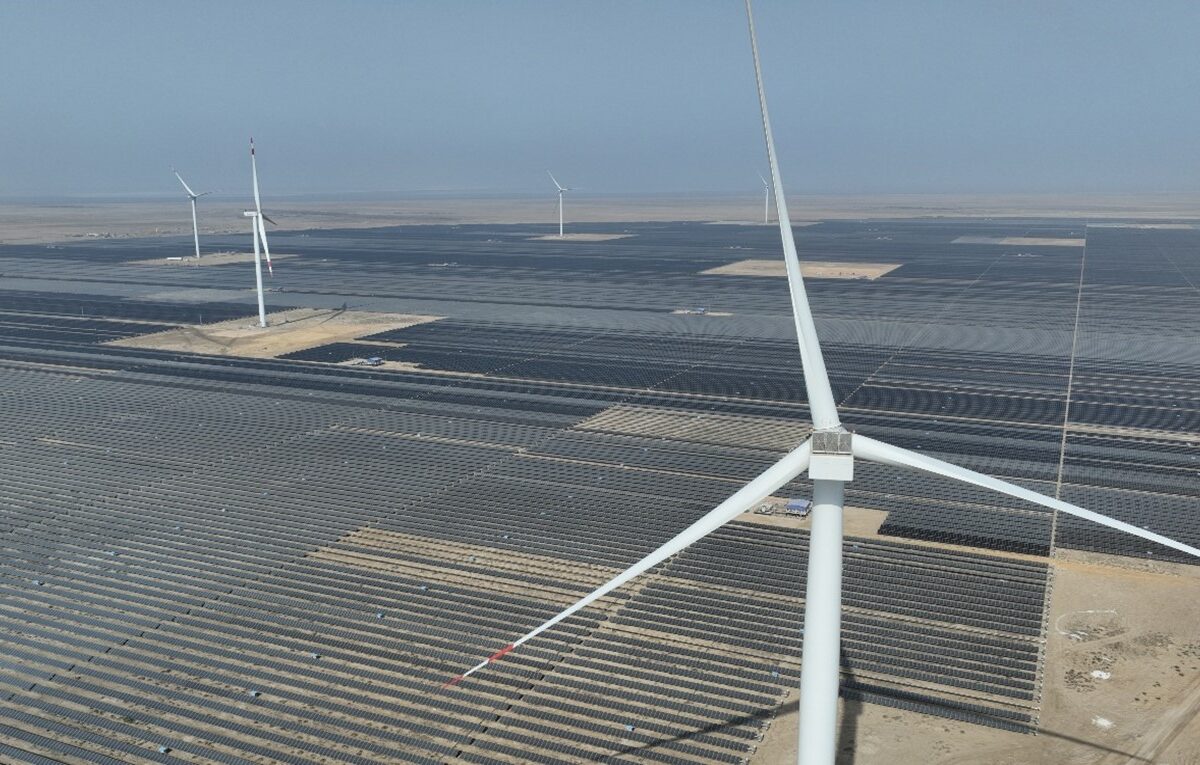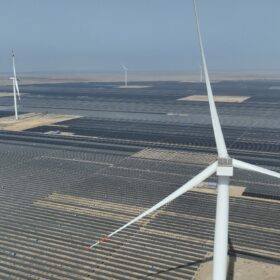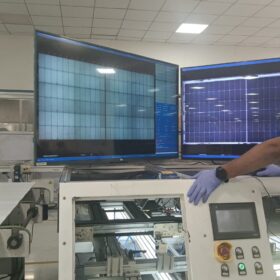World Nature Conservation Day prompts us to consider our connection with the natural world and motivates us to take collective action toward a more sustainable and balanced coexistence with nature. This day serves as a reminder of our duty to protect and preserve the environment, and it emphasizes the importance of striving for harmony with the natural world. To truly honour this responsibility, we should treat every day as an opportunity for conservation. By embracing sustainable practices, reducing our carbon footprints, conserving water, and supporting environmental policies, we can make a meaningful difference. Each action, no matter how small, plays a part in securing a liveable planet for future generations.
Combining solar agriculture pumps with distributed renewable energy not only harnesses the power of the sun to provide clean energy but also ensures the efficient use of water resources in agricultural practices.
Why Solar Agriculture Pumps Matter:
- Sustainable Energy Source:
Solar agriculture pumps leverage the abundant and renewable energy from the sun. This reduces reliance on fossil fuels, cutting down greenhouse gas emissions and minimizing the carbon footprint of farming activities.
- Water Conservation:
Efficient irrigation systems powered by solar energy promote responsible water usage. This technology ensures that water is delivered precisely where and when it is needed, reducing wastage and preserving this precious resource.
- Empowering Rural Communities:
By providing a reliable and cost-effective solution for irrigation, solar pumps empower farmers, particularly in remote and rural areas. This enhances agricultural productivity and fosters economic growth within these communities.
- Mitigating Climate Change:
The integration of renewable energy in agriculture plays a significant role in combating climate change. It aligns with global efforts to transition towards sustainable practices and reduce environmental impact.
Collaborative Efforts for a Sustainable Future:
To amplify our impact, collaboration is key. By working together with various stakeholders, including governments, NGOs, private enterprises, and local communities, we can accelerate the adoption of sustainable practices and technologies. Sharing knowledge, resources, and innovations will drive the change needed to conserve our natural resources and protect our planet.
The views and opinions expressed in this article are the author’s own, and do not necessarily reflect those held by pv magazine.
This content is protected by copyright and may not be reused. If you want to cooperate with us and would like to reuse some of our content, please contact: editors@pv-magazine.com.








By submitting this form you agree to pv magazine using your data for the purposes of publishing your comment.
Your personal data will only be disclosed or otherwise transmitted to third parties for the purposes of spam filtering or if this is necessary for technical maintenance of the website. Any other transfer to third parties will not take place unless this is justified on the basis of applicable data protection regulations or if pv magazine is legally obliged to do so.
You may revoke this consent at any time with effect for the future, in which case your personal data will be deleted immediately. Otherwise, your data will be deleted if pv magazine has processed your request or the purpose of data storage is fulfilled.
Further information on data privacy can be found in our Data Protection Policy.